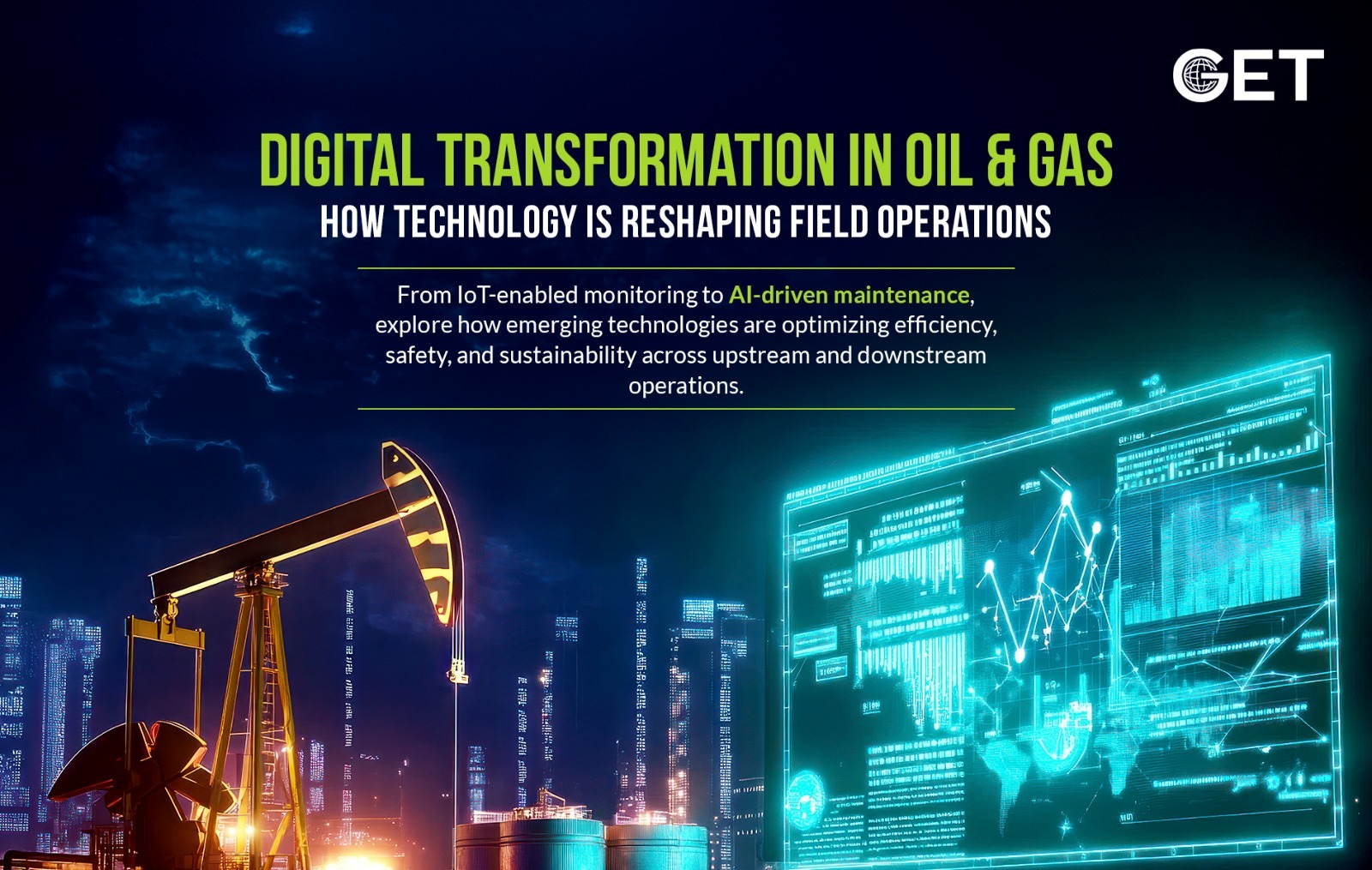
The energy industry is facing unprecedented challenges in the 21st century, including the need for sustainable and environmentally responsible solutions to meet growing global energy demands. As a result, successful project delivery has become vital for companies in the energy sector. Among the methodologies gaining prominence is Integrated Project Delivery (IPD), an innovative and collaborative approach that enhances project performance and efficiency. In this blog, we will explore how IPD is transforming the energy industry and driving positive outcomes.
IPD is a project delivery approach that brings together key stakeholders, including owners, engineers, contractors, and suppliers, in a highly collaborative and transparent environment. An integrated team collaboratively makes decisions, shares risks, and reaps rewards based on project performance.
The energy industry is witnessing a significant shift towards IPD due to its unique advantages in complex and large-scale projects.
Here are some key ways IPD is enabling better project performance in the energy sector:
We, at GET, adopt the IPD approach in our project collaborations with the oil and gas industry. By adopting IPD, we form an integrated team comprising technical experts, civil engineers, local contractors, and suppliers. The early involvement of all stakeholders allows us to collectively plan the project, analyze the site for the project, and identify any potential environmental concerns. Through shared risk and reward, the team works cohesively, making real-time adjustments during project delivery, which reduces costly delays and design changes.
Also Read: 5 key terms associated with the Oil and Gas Industry
In conclusion, Integrated Project Delivery (IPD) is proving to be a game-changer for the energy industry. By promoting collaboration, transparency, and shared accountability, IPD enables better project performance, greater efficiency, and increased innovation. With the energy sector’s increasing focus on sustainable solutions, IPD is well-positioned to revolutionize project delivery and lead the way to a greener and more efficient future. Embracing IPD in the energy industry is a significant step towards addressing the challenges of tomorrow while meeting the world’s growing energy needs responsibly.
GET Global Group (GET) employs the well-established Capital Value Process (CVP) to guide the project development stages: Appraise, Select, Define, Execute, and Operate. This structured approach ensures informed decision-making, with risks and opportunities carefully assessed as projects progress.
IPD operates on the principles of collaboration and accountability, fostering baseline predictability. By involving all stakeholders in the selection and design phases, potential challenges are identified early, allowing for proactive measures to prevent deviations. Our IPD method emphasizes collective project success through measurable outcomes, holding all stakeholders responsible to each other and empowering project teams with greater control over project performance.
Also Read: Importance of global expansion for Oil & Gas Companies

By Get global | July 3, 2025

By Get global | July 1, 2025

By Get global | June 27, 2025

By Get global | June 25, 2025

By Get global | June 23, 2025
The oil and gas industry has been notorious for its poor relationship with legacy systems and manual processes; this is all set to change. Digital transformation is no longer the buzzword, it is the force that compels efficiency, safety, and sustainability operations. In the case of field operations: specifically, this […]